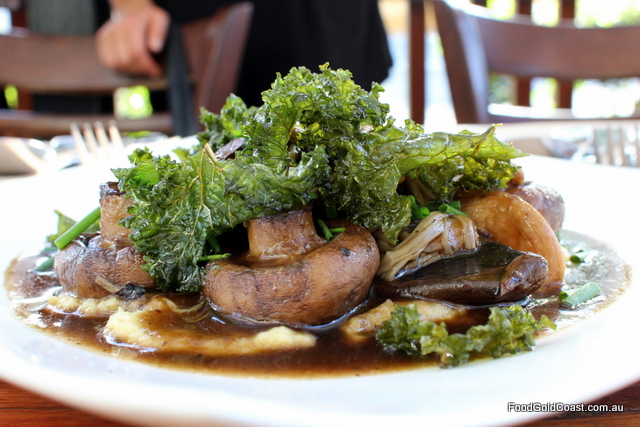Whether you’ve made some New Year’s resolutions or not, it’s worth taking a look at what experts say will be key trends on the food scene for 2019.
Health is on everyone’s radar, as is the role of a balanced diet in maintaining health.
Gut health particularly is in the spotlight, as are foods which promote gut health. Natural probiotics (not the sort you buy on the shelf) found in fermented foods and drink, such as sauerkraut, kimchi and yoghurt are finding their way onto menus. Kombucha is now readily available in supermarkets, as well as a greater range of healthy foods which were once seen as ‘alternative’. High fibre foods act as prebiotics fuelling probiotic growth, so there are now more reasons to consume fruits, vegetables, whole grains, and legumes.
Plant-centred diets have expanded from ‘Meat-free Mondays’ to ‘Meat-free months’. While we won’t all become vegan in 2019, many more of us share the ethos of increasing our fruit and vegetable intake for the sake of our health, whether we be flexitarian and omnivore or vegan. There is new interest in plant-based proteins such as bean pastas and soy, tofu, or quinoa burgers. With plant-based diets gaining interest among mainstream chefs, it’s gathering finesse in both methodology and presentation. Nutrient-rich plant foods such as avocado, dark leafy greens such as broccoli, and whole grains are nutrient-dense foods that are easy to include in our diets. Others we can add include nuts and seeds (including hemp, which will make an entrance in 2019). There’s also an emphasis on lower sugar consumption.
Diet vs lifestyle. While Intermittent fasting and the Keto diet are two of the most popular dieting trends at the moment, the jury is still out about their effects. Instead, Un-dieting may well be the emergent trend of 2019, where we ditch the diet mentality, focussing instead on an informed healthy lifestyle, nutritious food choices and what helps us to feel good.
Sustainability is no longer just a buzz word. We’re more aware of food miles, keen to buy Australian products, and this desire has been met by the market, with supermarkets labelling food sources of fruit, vegetables and seafood far more clearly. Buying local means supporting local farmers and food industries, avoiding mistakes, such as imported prawn damage to our local seafood industry.
Eco-Conscious Packaging is on the rise as we become more aware of the impact of lifestyle choices on our planet. We’re making the essential change from plastic drink bottles to soda stream, and from single use plastic to reusable plastic, compostable food wraps made from beeswax or silicone.
Overall, “consumer demand for nutritious, ethical and sustainable food will remain at the forefront.” (Australian Food News)
NOTE: This article was published in The Sun community newspaper on 22 January 2019.


